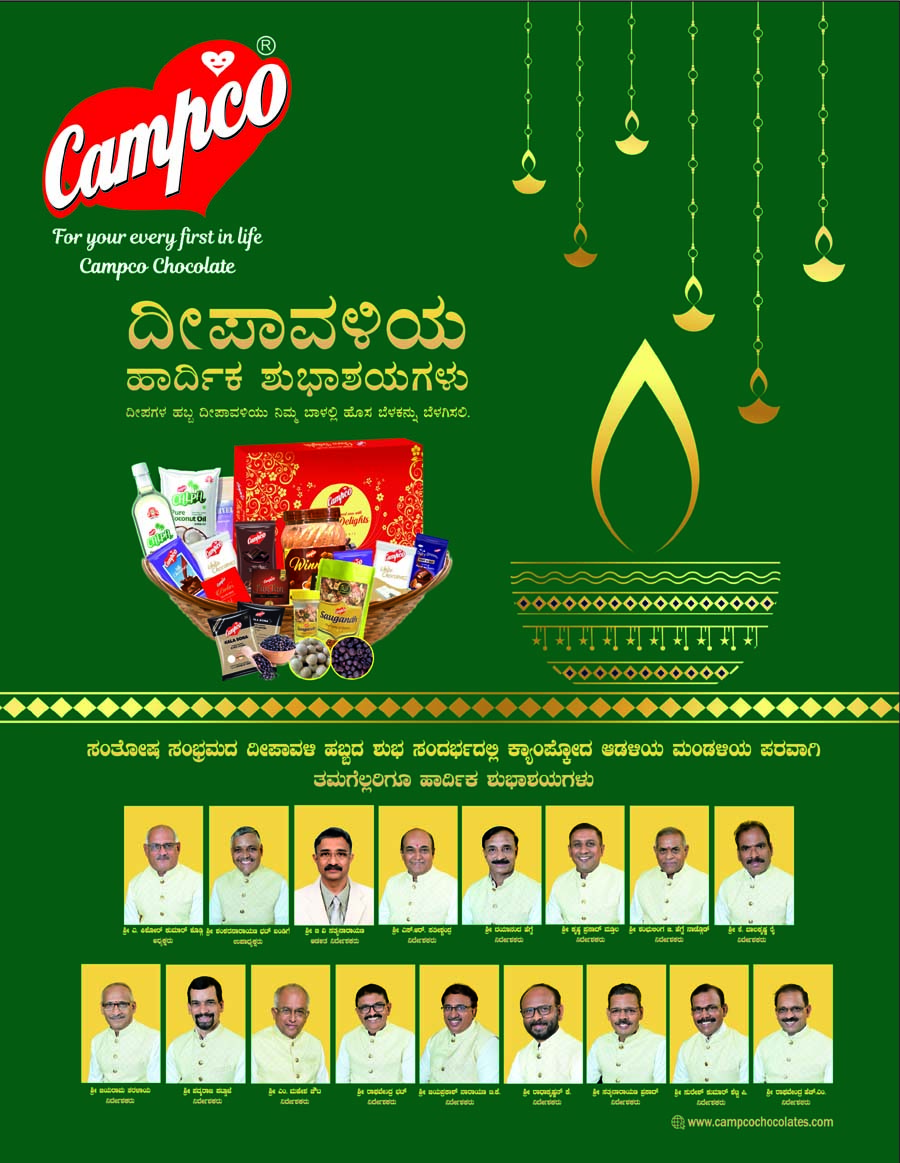Farmers, government to join hands to promote oil palm as alternative to arecanut
9:35 AM, Tuesday, February 6th, 2018 Mangaluru: Sensing trouble in the future for the arecanut market, some growers from the Malnad and coastal belts who have begun cultivating oil palm in small quantities have decided to take up extensive awareness drives, with the support of the authorities, to promote it as an alternative to arecanut.
Mangaluru: Sensing trouble in the future for the arecanut market, some growers from the Malnad and coastal belts who have begun cultivating oil palm in small quantities have decided to take up extensive awareness drives, with the support of the authorities, to promote it as an alternative to arecanut.
Oil palm growers from Dakshina Kannada, Udupi, Shivamogga and Chikkamagaluru met at Melkar on Monday and had a discussion with the authorities of the Department of Horticulture and the Central Plantation Crops Research Institute (CPCRI), Kasaragod, on the steps to be taken to expand the cultivation area under oil palm.
T. Shivananda, assistant director (oil palm promotion), Department of Horticulture, Shivamogga, said oil palm is not only an edible oil but is also used in making biodiesel, engine oil, cosmetic products, toothpaste and soap. Food industries also use it. There is ample scope for its cultivation, he said.
He said around 1,000 farmers cultivate oil palm on 600 hectares in Shivamogga and Chikkamagaluru districts. The annual production stands at 3,000 tonnes.
As oil palm was introduced in Udupi and Dakshina Kannada districts five years ago, 90 farmers cultivate it on around 100 hectares in Udupi while 237 farmers grow it on 190 hectares in Dakshina Kannada. Production is yet to pick up in these two districts. An oil extraction unit could be set up if 5,000 tonnes of oil palm is available annually. The unit could be set up for the four districts.
H.R. Naik, deputy director, Department of Horticulture, Dakshina Kannada, said that the department would distribute pamphlets and issue posters to gram panchayats to spread awareness among farmers to increase the area under oil palm cultivation.
H.P. Maheshwarappa, programme co-ordinator of All-India Coordinated Research Projects for Palms, CPCRI, said the institute would provide technical information to farmers at the taluk level if the latter organised meetings.
Vasanth Bhat Todikana, co-ordinator of oil palm farmers in Dakshina Kannada, suggested that the Horticulture Department make oil palm saplings available to farmers at its nurseries. At present, farmers have to purchase them from private companies.
Simillar Posts
Warning: count(): Parameter must be an array or an object that implements Countable in /home/megamcaq/public_html/wp-content/plugins/post-plugin-library/common_functions.php on line 357
- None Found
Leave a Reply
© Copyright 2008 www.megamedianews.com All Rights Reserved. Privacy Policy








 Posted in
Posted in  Tags:
Tags: 






